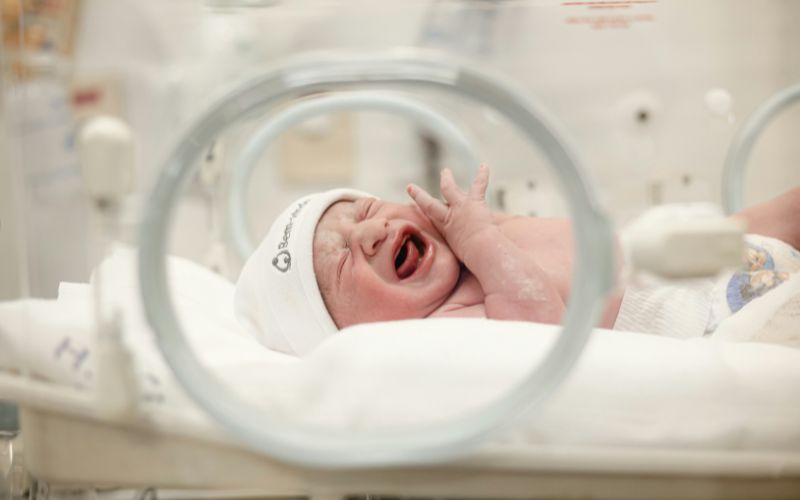Researchers have identified several family and social factors that are linked to better mental health outcomes for children born preterm.

Data of more than 1500 children born preterm were analysed, using the Bavarian Longitudinal Study (Germany) and the UK
Millennium Cohort Study.
Better self-regulation, strong relationships with parents – especially mothers – supportive family environments, and protection
from bullying were all linked to improved mental health outcomes in preterm children.
‘Finding these factors that predict positive outcomes emphasises that mental health resilience isn’t just down to luck … it’s partly shaped by the environments that children grow up in, and we now have a clearer idea of where to put our focus to help more
children thrive,’ said lead author Dr Sabrina Twilhaar.
Co-author Professor Dieter Wolke added: ‘What’s striking is that these are all things we can alter with interventions.’
The researchers urged for follow-up care that starts in the hospital and continues after discharge – supporting not just the child, but their whole family system.
As one of the authors explains, while approximately half of preterm-born children go on to have positive mental health outcomes,
others face difficulties.
Image | Unsplash



